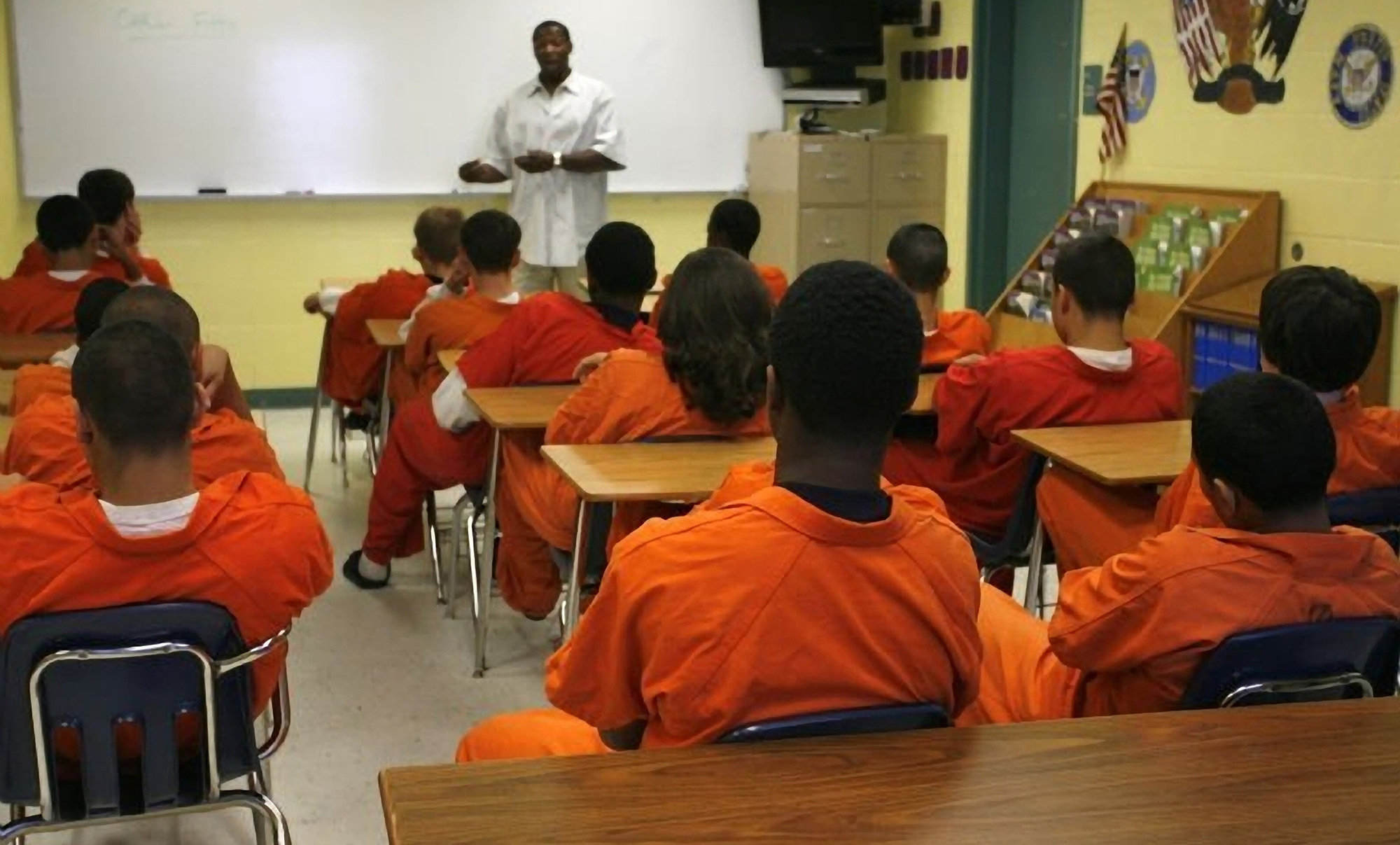Editor’s Note: That’s right, we’re taking a look back (you know, hindsight) to see how we can best prepare (that’s the foresight; I think you get the idea) for the future, and in order to do that, we worked with professor Betsy Weiss (Communications professor at Tulane University) and her students to investigate the prison system and what we can and should be learning from its past and present.

Trying to understand juvenile incarceration. (Photo: Creative Commons)
Despite many articles, books, documentaries, and news broadcasts about incarcerated persons, few people have the opportunity to interview a juvenile court judge about their perspective on the functioning of the court system.
I recently had the privilege to sit down, via Zoom, with a Judge of the 15th Judicial Circuit of Florida, who has chosen to remain anonymous. I initially felt like I was on trial for a crime that I hadn’t committed, but I was interested in listening to the judge’s perspective about sentencing juveniles to detention facility.
Asking the Questions
“Can juveniles be placed into solitary confinement?”
Judge: “Yes, though it is not as long as adults would stay. Anything that you see in movies or TV shows about juveniles is an exaggerated idea. We want to give the rehabilitation and be able to give them the chance to function in a working society. When they are in solitary confident it isn’t for days on end, it is only for a couple of hours – and that is only if they ever got into a fight with someone else, or [were] having a rough day, or something is going on; effecting their mental health.”
“Can juveniles access education when incarcerated?”
Judge: “Yes, in fact, they continue to receive education, and we make sure that they are either attending school or summer school. Every public school has a juvenile area for kids convicted of a crime to check in and keep us up-to-date on how they are doing and what their grades look like. When they are sent to correction facilities, classes are being held there in the facility, and we make sure that they are being given the classes that they were already taking in school.”
“Are juveniles able to represent themselves in adult court, just how some adults represent themselves in court?”
Judge: “Yes, and they don’t only do that in adult court – they can do it during their juvenile hearings as well. Although that is surprising, there is a complicated process for the juvenile (or adult) to do that. It is to ensure that the juvenile understands all of the rules and laws when they are representing themselves and that they would be treated no different than another attorney.”

Hearing that answer was shocking to me; although the juveniles are minors being convicted of a crime, they still can speak for themselves without having a parent or lawyer be their voice. Although there are rules and regulations that they have to understand, they are able to represent themselves in a way that they would not be permitted to outside of court – because of being a minor.
Towards the end of the interview with the judge, I came to a realization: I would be leaving this conversation with knowledge, while others who have faced this judge have walked away with years to serve ahead of them.
This piece is part of an on-going series produced in Professor Betsy Weiss’s class, “Punishment and Redemption in the Prison Industrial Complex,” which is taught at Tulane University.
 NOLAbeings
Multimedia artist Claire Bangser created NOLAbeings as a portrait-based story project that marries...
NOLAbeings
Multimedia artist Claire Bangser created NOLAbeings as a portrait-based story project that marries...
 Data corner: Adobe Suite (create a PDF, social media graphic, presentation, edit a photo and video
Data corner is where you go to work with analytics and top tech skills. It takes on everything from PERL and SQL to Canva and Sprout Social.
Data corner: Adobe Suite (create a PDF, social media graphic, presentation, edit a photo and video
Data corner is where you go to work with analytics and top tech skills. It takes on everything from PERL and SQL to Canva and Sprout Social.
